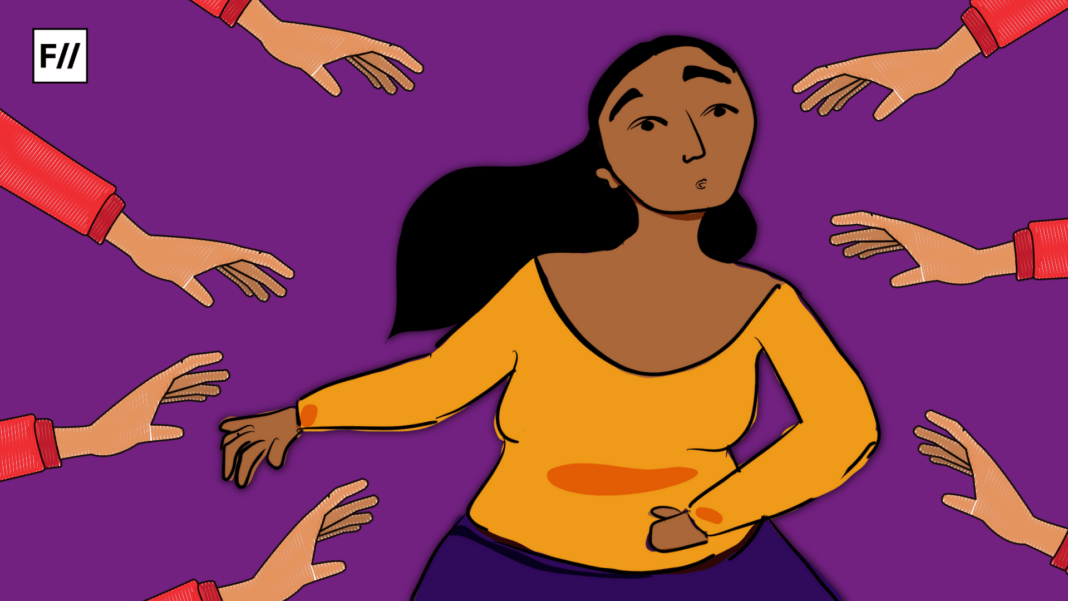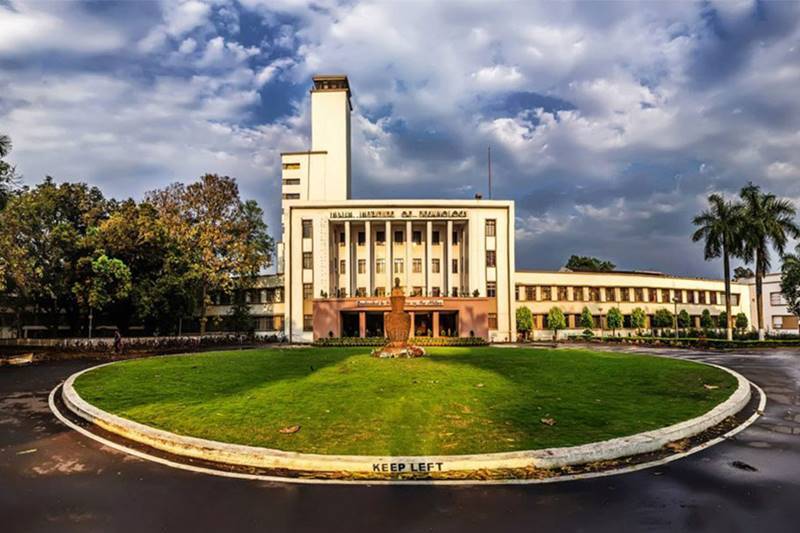Trigger Warning: Rape, Sexual Assault, Forced Prostitution, Trafficking, Murder
When it comes to women and children being sexually assaulted, this country has seen it all: women getting molested or raped or abused in a temple or church or mosque, in public transport (bus, train, flight), in private transport (cab, bike) in schools, in colleges, at the workplace (hospital, school, IT company, sales showroom,) in courts, in police stations, in quarantine, in broad daylight in a public place and just about anywhere. While we struggle hard to accept this reality, the last place one would expect women to be sexually assaulted by men would be women’s jails, a place where men are supposedly not permitted to enter.
In recent news, it has been brought to the attention of the Calcutta High Court and the Supreme Court that ‘women prisoners, while in custody, are getting pregnant.
In recent news, it has been brought to the attention of the Calcutta High Court and the Supreme Court that ‘women prisoners, while in custody, are getting pregnant. Subsequently, babies are born in prisons. At present, 196 babies are staying in different prisons of West Bengal.’
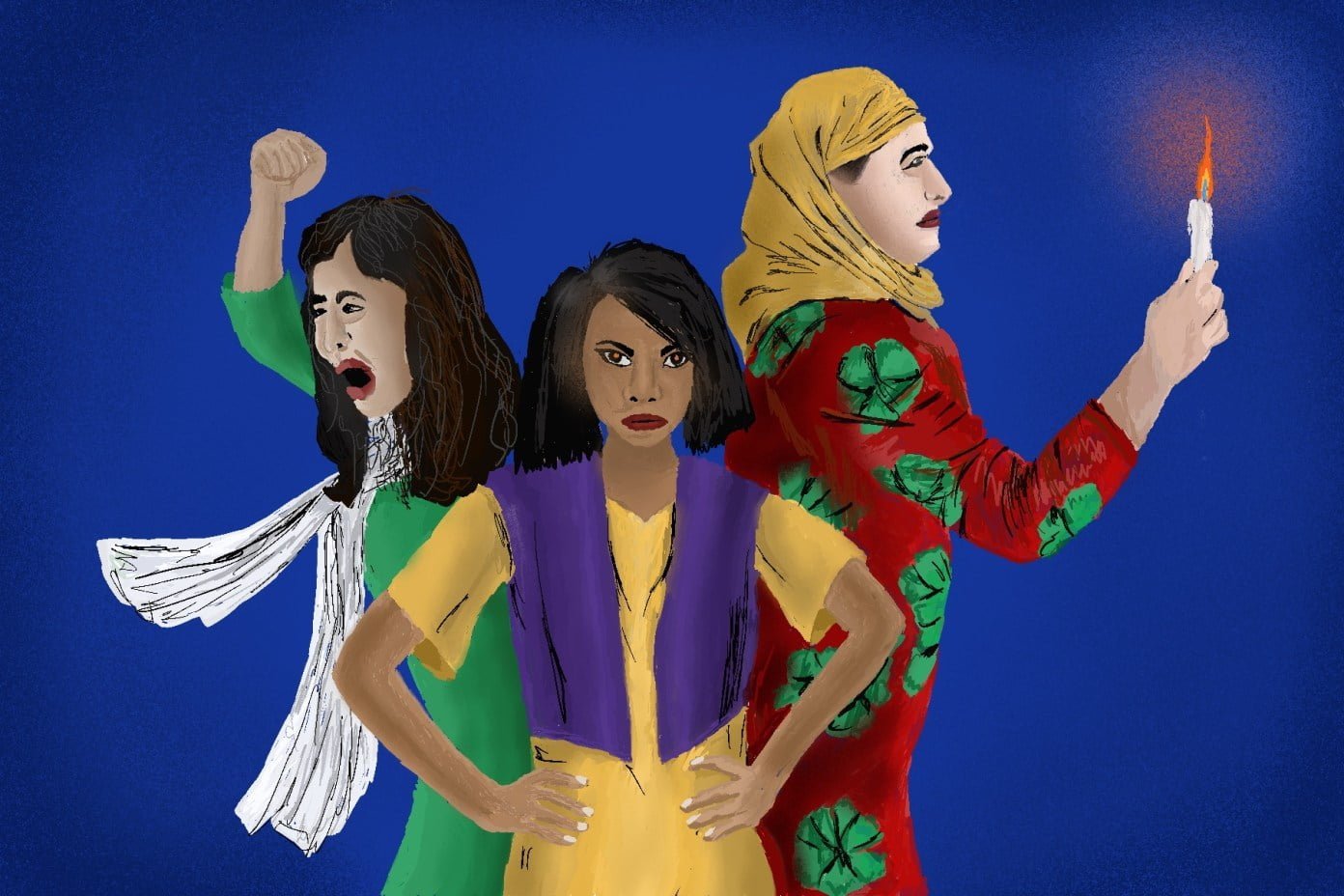
This highlights several problems. Men can and do enter women’s correctional facilities. It shows the high likelihood of deficiency of female staff members, which leads to male staff members entering private women’s spaces. It lays bare the lack of women’s safety in women’s prisons. Rapists are getting away unpunished for offenses as heinous as rape, which could only encourage such criminals to commit such crimes more often.
This also exposes the insufficient monitoring and checks in women’s jails. Women are compelled to go through pregnancy and child birth against their will. Babies are being born and raised in very poor and unhealthy environments, which could affect them both physically and mentally. Female prisoners’ complaints are not being heard, and general rules, too, are not being followed.
Women’s reproductive rights
According to the MTP Act, 1971, in India, pregnant people can terminate pregnancy up to 20 weeks without having to approach the court. In MTP Act, 2021, the upper gestational limit for abortion has been increased from 20 weeks to 24 weeks. There are exceptions to this rule and some controversial cases that highly limit a pregnant person’s autonomy over their body, but these rules are common. The same rules apply for pregnant prisoners as well. All pregnant prisoners have a fundamental right to reproductive choice under Article 21.
Woman forced into sex work realised that she was pregnant while she was in jail
In Hallo Bi vs. State of Madhya Pradesh, an undertrial woman prisoner sought to terminate her pregnancy, stating that she was impregnated by forced sex work. Hallo Bi’s request was rejected by the Chief Judicial Magistrate, but the High Court permitted the woman to terminate her pregnancy, based on Suchita Srivastava v. Chandigarh Administration, stating that ‘forced prostitution’ amounts to rape, so this was covered within the conditions of Section 3 of the MTP Act.
In this case, the victim said that ‘she was sold for prostitution’ in Rajasthan by Usman, whom she murdered, and it was as punishment for this murder that she was imprisoned. She initially decided to not go for an abortion because she was anxious and nervous, but then decided to opt to terminate her pregnancy.
Special provisions for pregnant persons in prisons
In R. D. Upadhyay v. State of Andhra Pradesh, the SC issued guidelines for fair treatment of pregnant people in prison. According to these guidelines, appropriate medical facilities must be provided, pregnant people can be sent out on bail during the time of pregnancy and childbirth so they can deliver babies outside the prison, and dietary needs of pregnant people and children in prisons must be taken care of.
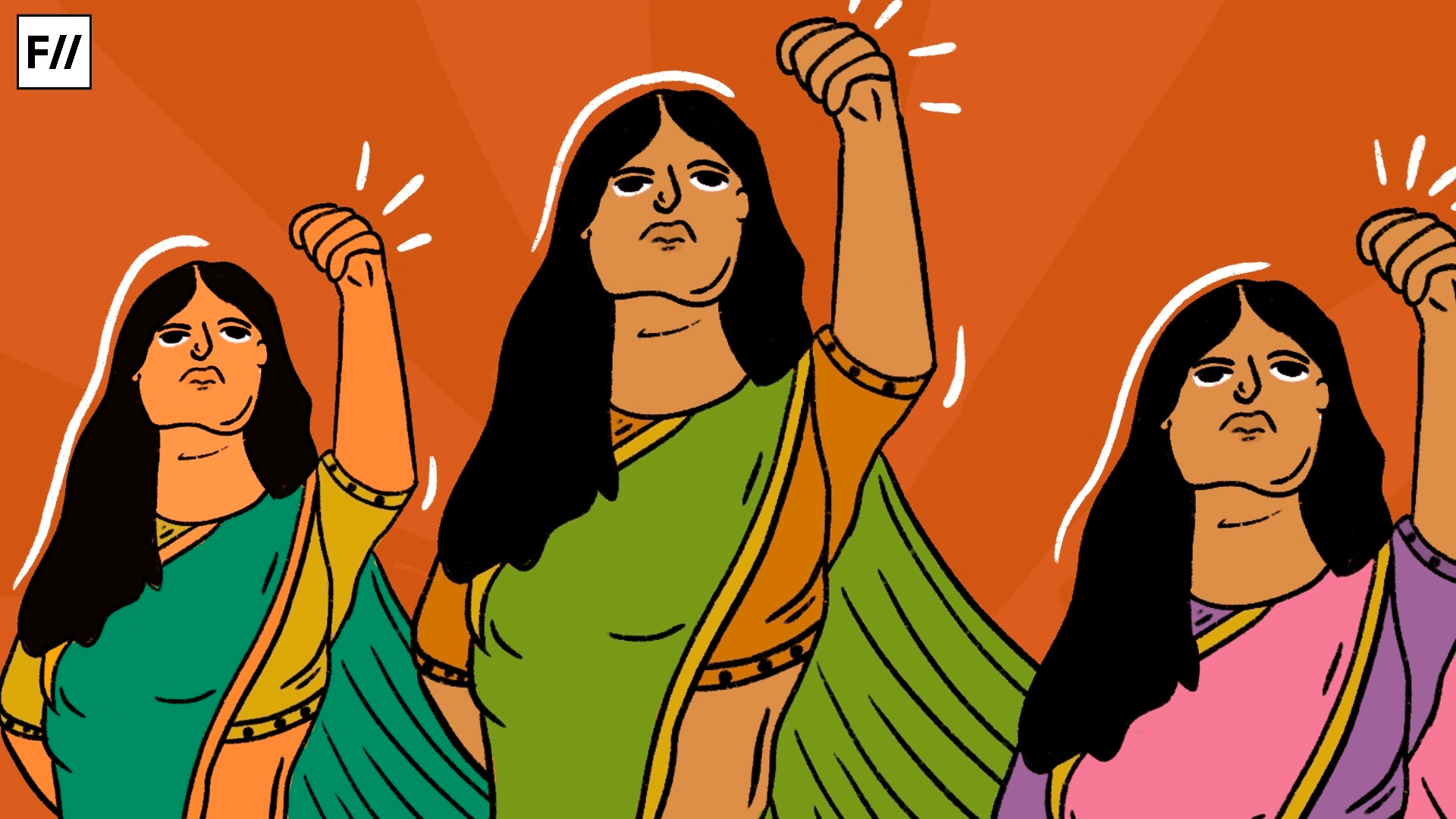
According to a study, women prisoners in India face several problems including but not limited to these issues:
- In several states in India, there are no separate prisons for women,
- Lack of healthy sanitation facilities for women, leading to poor menstrual and overall health conditions,
- Lack of nutritious food for women, pregnant people and their children, causing severe malnutrition and other related problems,
- Prison staff do not respect the human rights and needs of women prisoners,
- Sexual assault and custodial rape of women prisoners are serious problems, and women being tortured by male staff is not rare, and
- Women prisoners do not get the legal aid they deserve.
According to this report published by the Ministry of Women and Child Development, ‘There are a number of provisions in the form of laws, rules and guidelines that protect women from exploitation in prison and guarantee them basic services. However, the implementation of these provisions is found to be largely lacking and women face a variety of problems while living in prison.’
The same report also informs us that ‘As per the National Prison Manual, no male should be allowed to enter the female ward of the prison unless with a legitimate duty, after which he should record the reason for his visit in his record book. There is to be round the clock duty of female head wardens and female wardens.’ If this rule were strictly followed, such a vast number of female inmates would not get impregnated while in jail. The present reality of women in Kolkata’s prisons alone should lead one to think about the failing of this important rule in prisons in India in general.
The present reality of women in Kolkata’s prisons alone should lead one to think about the failing of this important rule in prisons in India in general.
The report also states that official reports underestimate the numbers or seriousness of this problem, acknowledging that sexual violence and rape of women prisoners happen across the country. But it is understandable that women prisoners might more often than not choose to not complain or take legal action because of several concerns including having the fear of being assaulted and humiliated further, feeling dehumanised already, as they face the stigma of being “criminals”, not having reliable help and resources, and not even being aware of their own rights.
Why is women’s safety still not taken seriously?
When the average, educated, and privileged woman in India can herself not feel free and safe everywhere, all the time, the conditions of women from marginalised backgrounds is much worse, as they have to face multiple forms of oppression because of their religion, caste, and class, and the horrors faced by women who are victims of trafficking and women who are prisoners must probably be the worst.
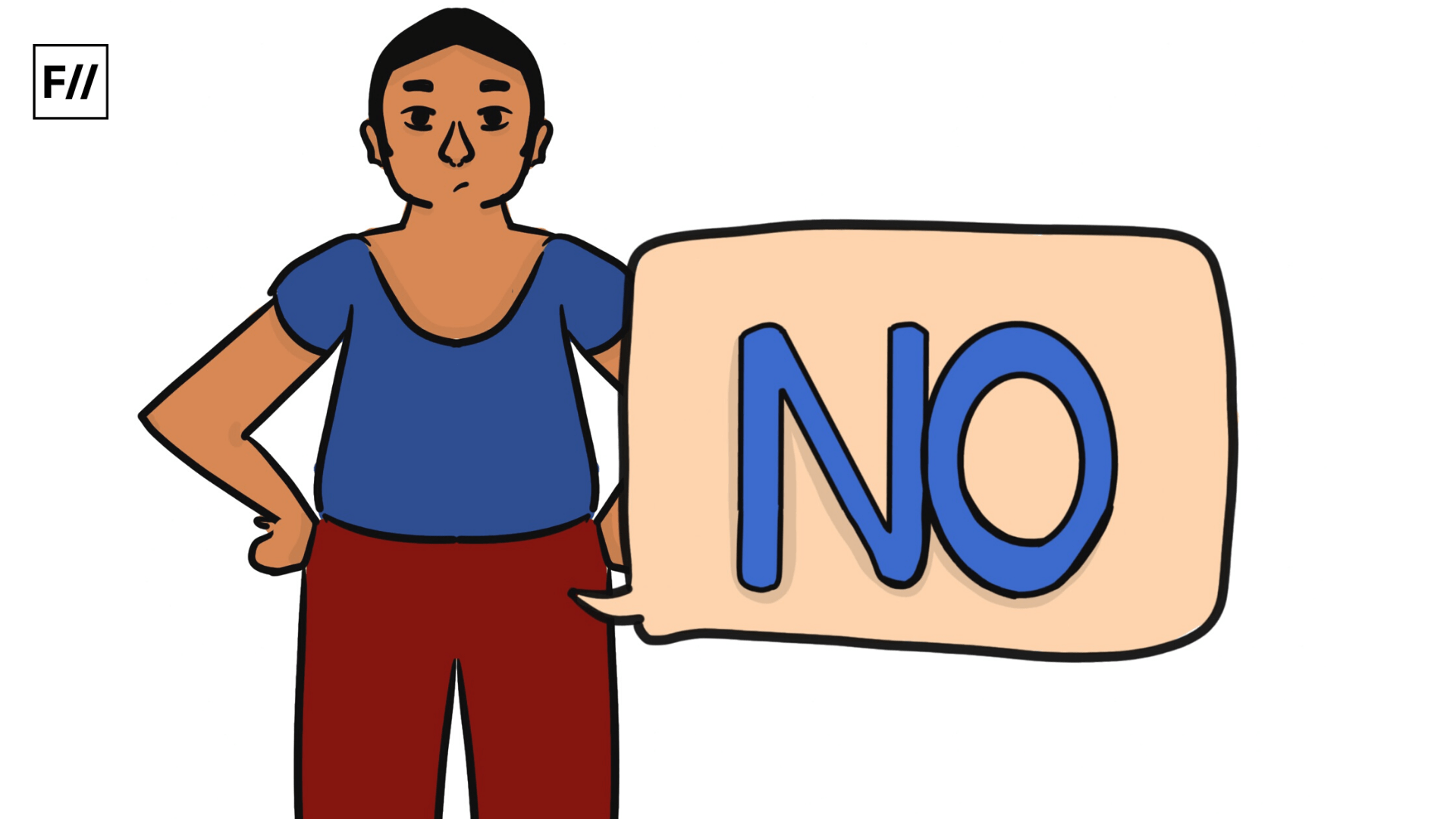
In this case of women getting impregnated in Kolkata jails, lawyer Tapas Kumar Bhanja has suggested that male employees must be strictly prohibited from entering correctional homes into the enclosures of women prisoners. Will this case, now brought to the attention of the supreme court help change this horrifying reality for women prisoners? If this is the case across all prisons in the country, then how safe are the children born and living in prisons, both young boys and girls? Can court orders alone help bring about the much-needed change regarding women’s safety in prisons? If so, why are existing laws in favour of women’s prisoners not helping them? Why are state governments and central governments not taking these already underestimated figures seriously? Does anyone in power care about women’s rights in our country, really? One can only hope for a better future.
About the author(s)
Lakshmi Prakash is a psychotherapist and writer that loves behavioural sciences and everything out of syllabus. Annoying her is easy: tell her to conform. Befriending her is easy: crack silly jokes (the sillier your joke, the louder her laugh). She can be found on Facebook, Instagram and Twitter.
